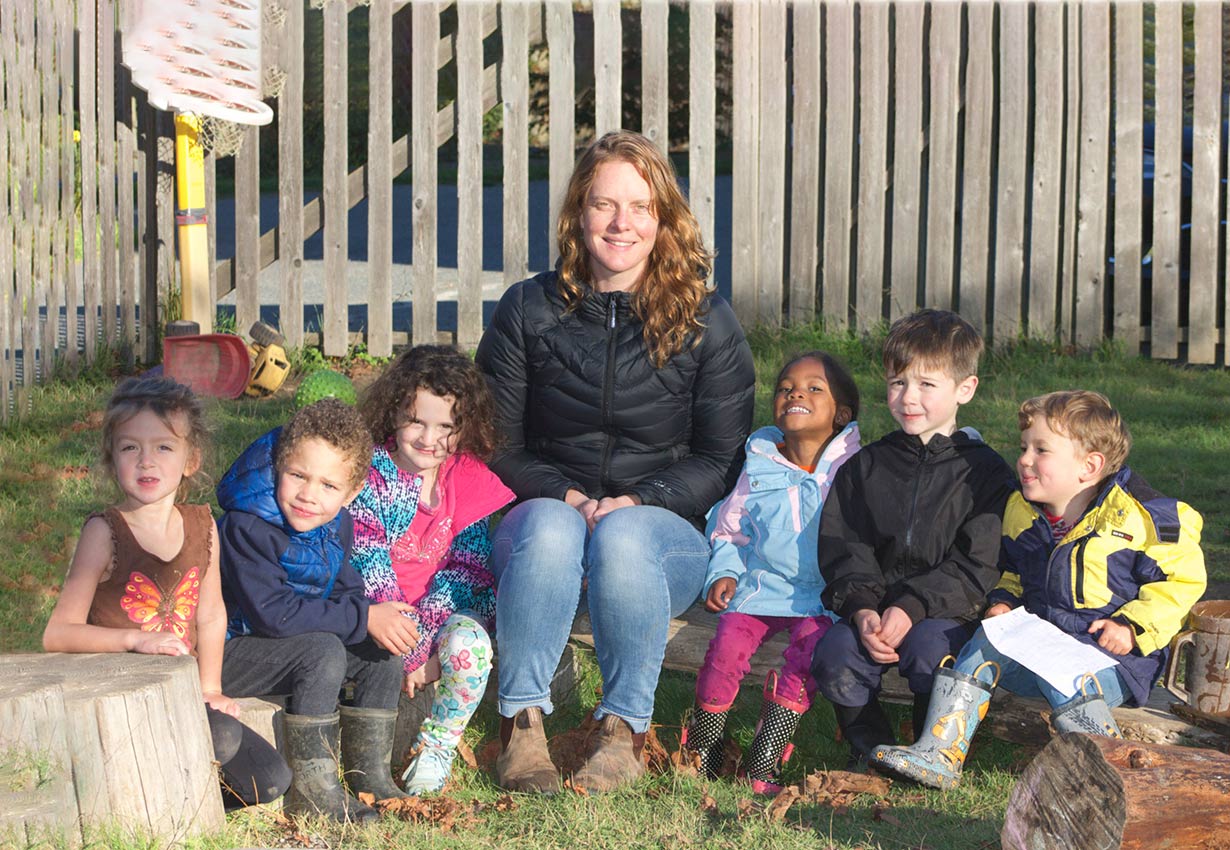ECEBC News
News Release: RayCam Co-Operative Centre Releases Summary Report of the Strathcona Early Childhood Needs Assessment
Published: July 24th, 2024
The summary report calls on provincial and municipal governments to provide more supports for young children and their families in the Strathcona and Downtown Eastside neighbourhoods, who are currently under-served.

NEWS RELEASE
July 23, 2024
VANCOUVER – RayCam Co-Operative Centre has released a summary report of the Strathcona Early Childhood Needs Assessment, calling on provincial and municipal governments to provide more supports for young children and their families in the Strathcona and Downtown Eastside neighbourhoods, who are currently under-served.
Early environments and experiences matter for children’s healthy development. In Vancouver’s Strathcona and Downtown Eastside neighbourhoods, the rate of child vulnerability at kindergarten entry is double the rates estimated elsewhere in the city and province according to data from the UBC Human Early Learning Partnership.
Intergenerational cycles of poverty, trauma, and substance use in the community perpetuate during the early years. Imperatively, these cycles can be broken through upstream prevention and early intervention. “This report is an important reminder for us all to work on the basics—to address the nutritional and educational needs of the youngest children in the neighborhood. Early intervention has to be a key focus,” says Grace Tait, President, Board of Directors for the RayCam Cooperative Association.
Heavier investment in supports for families with young children is urgently needed in the community to address health inequities early in life. Investment requires an equitable and strategic funding model from the top levels of government for disadvantaged neighbourhoods. Furthermore, investment must focus on initiatives that incorporate inter-sectoral collaboration, a hub funding model (i.e., around a community centre), place-based family supports, and a whole-child approach. Investing in the early years will benefit community residents across the life course from childhood to adolescence, young adulthood, and beyond.
RayCam is not like many other community centres or daycares in the city—we are the centre of a community that provides all child and family services in the Strathcona and Downtown Eastside neighbourhoods free of charge. Based on the findings of the Strathcona Early Childhood Needs Assessment, the following recommendations are proposed to support young children and their families:
- Improve the availability of child care and early literacy programs to close the gap in children’s language and cognitive development;
- Increase access and create safer physical environments such as playgrounds to promote children’s outdoor and risky play;
- Reduce barriers to accessing nutritious foods through a hub model in order to eliminate food insecurity for children and their families; and,
- Provide child-centered counselling and other supports for children and their families to address the impacts of trauma and adversities.
“Early childhood education is a lot more than a place of care for working parents. Among children facing high rates of adversity, it becomes a health intervention where children reap benefits far beyond kindergarten,” says Helen VanWart, Clinical Counsellor and President of the RayCam Community Association.
“For many years, we have witnessed the high rates of developmental vulnerability experienced by children in the Strathcona neighbourhood. These trends cannot be addressed at a pediatric clinic alone and a systems approach is required. This report gives us an insight into some key areas to address, such as better nutrition, safe options for outdoor play, and increased opportunities for linguistic and cognitive learning. These supports must be provided in early childhood education settings, but also at the wider community level to include children who are unable to get a spot in licensed child care,” says Dr. Matt Carwana, pediatrician and Board Member for the RayCam Community Association.
“We know that top-down solutions do not work and a ‘one-size-fits-all' model is not relevant to this neighbourhood. Strategies to improve children’s wellbeing must be identified by the community, for the community. There is a moral imperative to invest in organizations like RayCam that can help make this change happen for families.”
The full report is available here:
https://raycamcooperative.com/
Contact:
Rabia Mir, Childcare Analyst
RayCam Cooperative Association
Phone: (604) 257-6949
Email: rabia.mir@vancouver.ca
